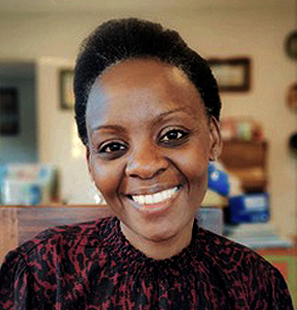When the world feels upside down, we must lean on timeless wisdom. Whatever can unite us must surface. Or we risk repeating the atrocities of the past that history continually reminds us.
Today I received a published recording from the Zurich Institute of Technology’s Chair of Philosophy, of a podcast I was interviewed on the concept of Ubuntu.
When the archbishop Desmond Tutu popularised the term #Ubuntu, it was a desperate cry to unite all of South Africa and avert what would’ve become another humanitarian crisis.
During the Rwandan peace and reconciliation proceedings, the word “Ubuntu” was a common thread piecing together the intention to bring unity and harmony, not by means of forgetting the wrongdoing, but by truly forgiving.
Gandhi, MLK, Nelson Mandela- all practices a form of Ubuntu by promoting non-violent resistance in the face of injustice.
I attempted to speak to the power of choosing the stories that might redeem us and lead us to more care, not only as a duty towards each other, but as a really special quality that makes us see each other as human beings.
There is nothing idealistic about this. Care is a matter of moral standing, and a society is judged best by its moral standing in the face of violence.
In the face of unresolved traumas, artificial intelligence, and all sorts of threats to our existence, we may need to revisit the idea of Ubuntu, a call to showing our humaneness and ask ourselves,
“Who do we need to become to stop the madness of war and ecological destruction?”
We can still have a little tenderness and Ubuntu for ourselves, others, and all of life even while pointing fingers. We still have a chance to choose the stories that might redeem us and lead us to more care, not only as a duty towards each other, but as a really special quality that makes us see each other as human beings first and not as products of our worst version.
There is nothing idealistic about this. Care is a matter of moral standing, and a society is judged best by its moral standing precisely in the face of violence.
Nature self-organises around care for environmental harmony, marine life self-organise around care for harmony in the ocean, trees self organise around care for harmony in the air. We too must self-organise around care for our collective flourishing by harmonising our differences.
I am you; you are me. #WeAreOne
That’s what Ubuntu means.
Having Ubuntu comes down to what hope we give collectively to the children of the world when all hope seems lost all around the world.
What will our children say about us now?
Audio Player




